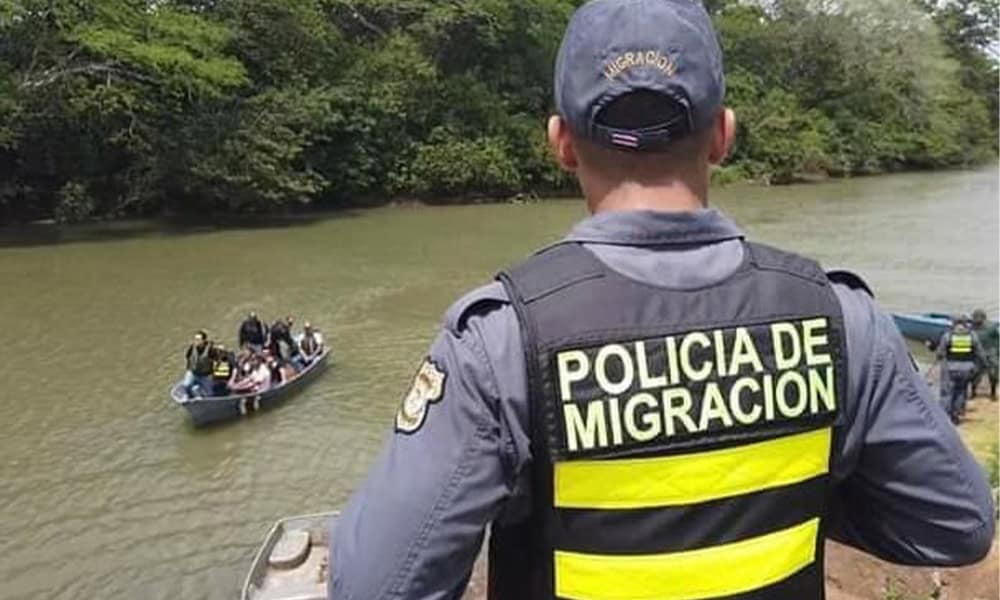The massive extraction of marine shells, incentivized by local and international tourism, has generated a devastating impact on marine ecosystems, a silent problem that threatens the natural wealth that defines the country as an ecological paradise. This practice, often ignored, puts at risk the delicate balance of the beaches, habitat of species essential for biodiversity and the basis of sustainable tourism.
The indiscriminate extraction of shells generates profound environmental consequences, among which Dr. Yolanda Camacho, a biologist at the University of Costa Rica, details accelerated erosion, as it reduces the structural stability of the beaches, making them more vulnerable to extreme climatic phenomena and rising sea levels. {link1}
This is compounded by the alteration of marine habitats, because shells play a key role in the formation of calcareous structures, fundamental for organisms like corals.
Another consequence is the loss of shelters for key species: species like hermit crabs, essential for the local food chain, depend on shells as refuge. Their decline is evident in areas like Puntarenas.
Just as the chemical imbalance of the ocean, shells help prevent the acidification of seawater. Without them, acidity alters the availability of essential nutrients like iron and nitrogen, affecting species reproduction and the ability to form calcium carbonate skeletons and shells.
In 2023, more than 5 tons of shells were confiscated at Juan Santamaría and Daniel Oduber airports. However, the difficulty in determining their origin (Pacific or Caribbean) causes many to end up buried.
The answer: science, innovation, and collaboration
FIFCO, through its Imperial brand, in partnership with MINAE-SINAC, AERIS, and UCR, presents an innovative solution showcased in the documentary “Back Home.”
This project not only highlights this ecological crisis but also offers a real solution. At the heart of this initiative is an artificial intelligence application developed by FIFCO, capable of identifying in seconds whether a shell belongs to the Pacific or the Caribbean, with an accuracy of over 90%.
For its creation, a database was generated with 18,500 images of shells collected with the help of more than 200 volunteers. This technology allowed the classification of 36,000 shells in record time.
Impact of the project
For the first time, the seized shells were not buried. All those confiscated over the course of a year were returned to the sea, restoring their role in marine ecosystems. This milestone marked a profound change in the way of addressing this environmental issue.
“The Ministry of Environment and Energy, through SINAC and other agencies, promotes collaborative work with public institutions, private entities, and civil society to preserve and restore ecological balance.” Back to Home not only raises awareness but also offers technological tools to manage seized shells and protect our marine ecosystems,” said Franz Tattenbach, Minister of Environment and Energy.
Beyond Restoration: A Commitment to Prevention
The documentary aims to educate the public and transform the perception of seashells: they are not tourist souvenirs, but key pieces for biodiversity and the well-being of coastal communities.
“At FIFCO, we believe that sustainability is a shared responsibility.” “This project reflects our commitment to leading with purpose, uniting science, technology, and collaboration to give back to nature what belongs to it,” added Maria Pía Robles, Director of Corporate Relations at FIFCO.
Back Home is not just a documentary, it is an invitation to be part of the change. Imperial urges citizens, tourists, and businesses to become ambassadors of marine biodiversity, making responsible decisions to protect the beaches that are the pride of Costa Rica.
– Advertisement –
Source link
TCRN STAFF



